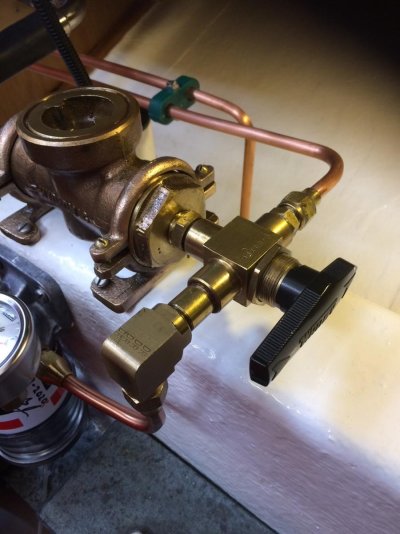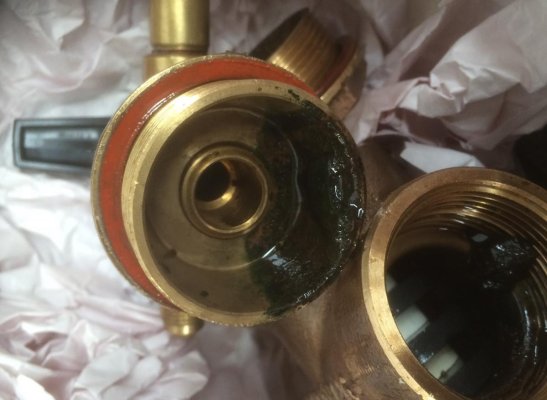socalrider
Guru
- Joined
- Feb 14, 2020
- Messages
- 1,011
- Location
- usa
- Vessel Name
- SEA WOLF
- Vessel Make
- 1979 CHB 41 Trawler
I would make a different choice, that is, get rid of the mechanical pump. I use Walbro pumps that are rated for 18,000 hours.
Thanks. Which one did you use? Looking at their site it looks like the FRB-13 would work & is marine rated. I like the design better than the Carters currently installed, which don't seem as robust.
https://www.fisheriessupply.com/wal...sure-limited-reciprocating-fuel-pump/frb-13-2
https://www.walbro.com/fr-series-fuel-pumps/frb-13-reciprocating-fuel-pump/

 to the MAX!
to the MAX!
